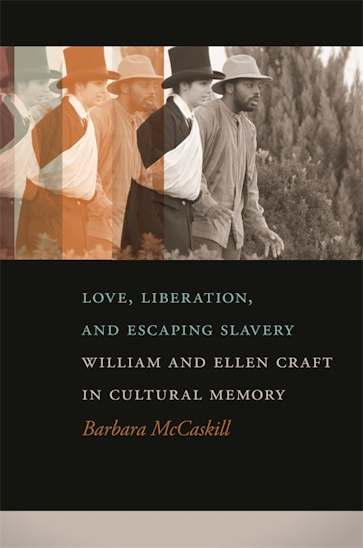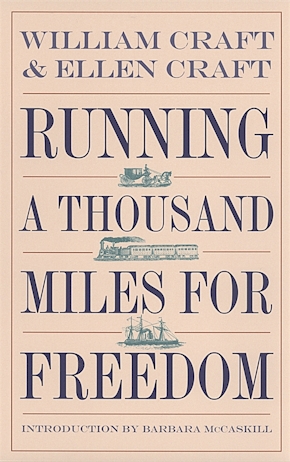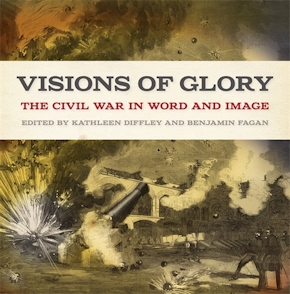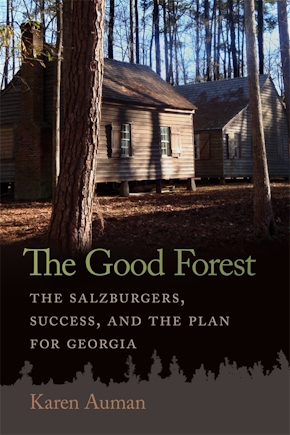Love, Liberation, and Escaping Slavery
William and Ellen Craft in Cultural Memory
Title Details
Pages: 152
Illustrations: 8 b&w photos
Trim size: 6.000in x 9.000in
Formats
Paperback
Pub Date: 05/15/2015
ISBN: 9-780-8203-4724-0
List Price: $23.95
Hardcover
Pub Date: 05/15/2015
ISBN: 9-780-8203-3802-6
List Price: $120.95
eBook
Pub Date: 05/15/2015
ISBN: 9-780-8203-4832-2
List Price: $23.95
Subsidies and Partnerships
Published with the generous support of Sarah Mills Hodge Fund
Related Subjects
Other Links of Interest
• Learn more about William and Ellen Craft at the New Georgia Encyclopedia
Love, Liberation, and Escaping Slavery
William and Ellen Craft in Cultural Memory
How William and Ellen Craft’s escape from slavery, their activism, and press accounts figured during the antislavery movement of the mid-1800s and Reconstruction
Skip to
- Description
- Reviews
The spectacular 1848 escape of William and Ellen Craft (1824–1900; 1826–1891) from slavery in Macon, Georgia, is a dramatic story in the annals of American history. Ellen, who could pass for white, disguised herself as a gentleman slaveholder; William accompanied her as his “master’s” devoted slave valet; both traveled openly by train, steamship, and carriage to arrive in free Philadelphia on Christmas Day. In Love, Liberation, and Escaping Slavery, Barbara McCaskill revisits this dual escape and examines the collaborations and partnerships that characterized the Crafts’ activism for the next thirty years: in Boston, where they were on the run again after the passage of the 1850 Fugitive Slave Law; in England; and in Reconstruction-era Georgia. McCaskill also provides a close reading of the Crafts’ only book, their memoir, Running a Thousand Miles for Freedom, published in 1860.
Yet as this study of key moments in the Crafts’ public lives argues, the early print archive—newspapers, periodicals, pamphlets, legal documents—fills gaps in their story by providing insight into how they navigated the challenges of freedom as reformers and educators, and it discloses the transatlantic British and American audiences’ changing reactions to them. By discussing such events as the 1878 court case that placed William’s character and reputation on trial, this book also invites readers to reconsider the Crafts’ triumphal story as one that is messy, unresolved, and bittersweet. An important episode in African American literature, history, and culture, this will be essential reading for teachers and students of the slave narrative genre and the transatlantic antislavery movement and for researchers investigating early American print culture.
—Joycelyn Moody, Sue E. Denman Distinguished Chair in American Literature at the University of Texas at San Antonio
—John Ernest, author of A Nation within a Nation: Organizing African-American Communities before the Civil War
—Erica L. Ball, Civil War Book Review
—Michael Benjamin, The Journal of African American History



